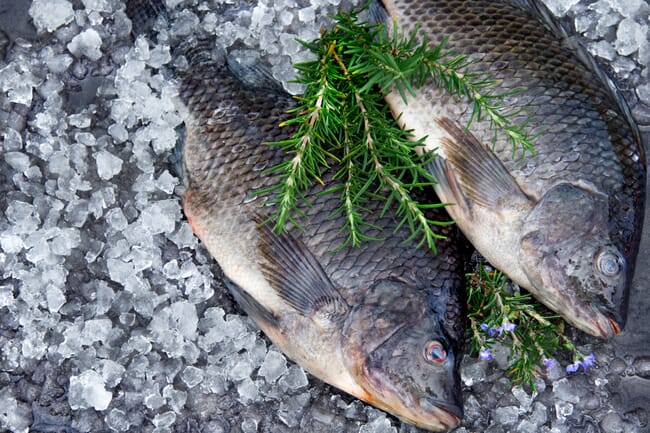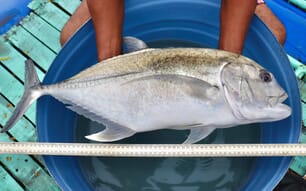Tilapia production in Africa is growing and the continent is currently producing around 950,000 metric tonnes per year, which is expected to grow by 5 to 6 percent between 2017 and 2022.

Referring to the growth of the industry, Alfred Kadzomba, technical director of Lake Harvest said “the annual production of tilapia in Africa is close to 1 million tonnes, which is today mostly from Egypt. The regions south of the Sahara hold huge potential to increase production, and we need fast growing, robust and disease resistant stock in order to succeed.”
The agreement secures Lake Harvest exclusive supply of high performing Nile tilapia broodstock from Spring Genetics advanced selection programme in the USA to its commercial operations in Zambia and Zimbabwe, and a licence to produce and sell sex-reversed fingerlings to third party farms in this region.
“We are very pleased to sign our first broodstock contract in Africa to support the sustainable growth of the tilapia industry in the region,” said Hideyoshi Segovia, commercial and operations manager of Spring Genetics.
“Spring Genetics manages the most advanced breeding programme for tilapia in the world and has pioneered selection for improved resistance to key pathogens like Streptococcus and Francisella in the species. We have a strong footprint in the Latin American market and we look forward to supplying the industry in Africa with our superior performing stock that will be adapted to local productions conditions. This is a result of 10 years of genetic work,” he adds.
Lake Harvest were granted import licences in August this year, and the first shipment from the US is scheduled for October. The imported fish will first enter a dedicated quarantine facility and extensively health screened before introduced to Lake Harvest’s farming operations on Lake Kariba.
“Signing of this contract is an important step forward in the execution of our growth strategy,” said Alfred Kadzomba. “Genetics are an important starting point in production in helping us to optimise production potential as well as improve animal health and welfare. We’re looking forward to working with the Spring Genetics team and receiving the first supply of their latest generation broodstock to ensure continuous improvements and advances in our stock”.



